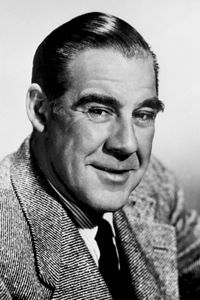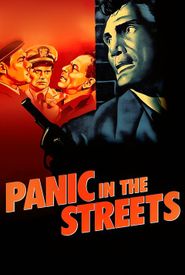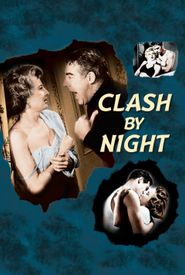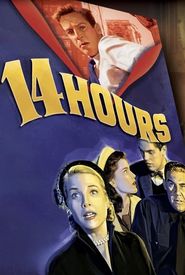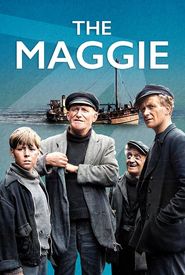Paul Douglas, a rare breed in the world of cinema, rose to fame as an unlikely middle-aged star by embracing his bold, burly, brash, and boorish appeal. Standing at 5'11" and weighing 200 pounds, Douglas was a risk-taker who traded in a successful career as a top radio and sports announcer to pursue his passion for acting.
Despite being a raw new talent in Hollywood, Douglas had the audacity to turn down offers from the powers-that-be to revive his Broadway success on film, citing that his role had been reduced too much. This bold move paid off, and he became an overnight sensation with his first film, cementing his stardom in a range of prime vehicles, including broad comedy and melodrama.
Douglas's big lug appeal on screen captured the hearts of many Hollywood leading ladies, including Linda Darnell, Judy Holliday, Celeste Holm, Joan Bennett, Jean Peters, Janet Leigh, and Ruth Roman. His wildly successful risk-taking career was tragically cut short by an early and sudden death.
Born in an upper-class section of Philadelphia to a well-to-do doctor, Douglas's family background was a stark contrast to his bombastic, blue-collar persona on stage and screen. He was christened Paul Douglas Fleischer and developed an interest in acting while a student at West Philadelphia High School.
After graduating, Douglas considered attending Yale University but instead pursued a career in professional football, playing for the Frankford Yellow Jackets. In 1928, he transitioned to a successful sportscasting and commentating career, becoming one of the country's top radio announcers and master of ceremonies.
Douglas's passion for athletics led him to appear in a few stock and small theatre plays, before making his Broadway debut in 1936 as a radio announcer in the comedy satire "Double Dummy." However, he returned to radio, eventually landing a cozy niche as an announcer and straight man opposite the likes of Jack Benny, Fred Allen, and George Burns and Gracie Allen.
Douglas became a highly recognized personality through his radio success, earning a weekly salary of $2,500. However, he brashly decided to give it all up to accept a paltry weekly salary of $250 when writer Garson Kanin offered him the lead role in his Broadway play "Born Yesterday" in 1946.
Douglas's performance as chauvinistic moneybags Harry Brock earned him both the Theatre World and Clarence Derwent acting prizes. He remained with the show for all 1,024 performances before leaving to seek out Hollywood roles. He exploded onto the Hollywood scene with his first film, the classic drama "A Letter to Three Wives" (1949),starring alongside Linda Darnell.
In a surprise move, Douglas rebuffed a Hollywood offer to recreate his Harry Brock role when "Born Yesterday" was turned into a film, starring his Broadway co-star Judy Holliday. Instead, he concentrated on his own star vehicles, starring in films such as "Everybody Does It" (1949),"The Guy Who Came Back" (1951),"It Happens Every Spring" (1949),and "Angels in the Outfield" (1951).
Douglas's string of hits continued with the cop thriller "Panic in the Streets" (1950),starring alongside Richard Widmark, and "Fourteen Hours" (1951). He also gave a sympathetic performance as the naive fisherman husband of adulterous Barbara Stanwyck in "Clash by Night" (1952).
In other media, Douglas recreated his Harry Brock role for a Hallmark Hall of Fame episode of "Born Yesterday" (1956),opposite Mary Martin and Arthur Hill. He also made a return to Broadway with the moderate hit play "A Hole in the Head" (1957),co-starring David Burns, Lee Grant, and Kay Medford.
Douglas's final two marriages were to actresses, producing a child with each. He married his fourth wife, actress Virginia Field, in early 1942, and later met actress Jan Sterling, marrying her in June 1950. This marriage proved happy and lasted until his death.
Douglas's final movie was the comedy "The Mating Game" (1959),co-starring with Debbie Reynolds and Tony Randall. He also enjoyed a special guest star turn on the popular TV show "The Lucy-Desi Comedy Hour" (1957),as the dingy redhead's TV morning show boss, in a Connecticut episode entitled "Lucy Wants a Career" (1959).
Paul Douglas collapsed and died of a massive heart attack on the morning of September 11, 1959, at the age of 52, while filming an episode of "The Twilight Zone" (1959),"The Mighty Casey" (1960). The episode was re-filmed with Jack Warden taking over the lead part, and Douglas's role in the film "The Apartment" (1960) was recast
